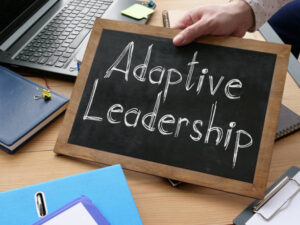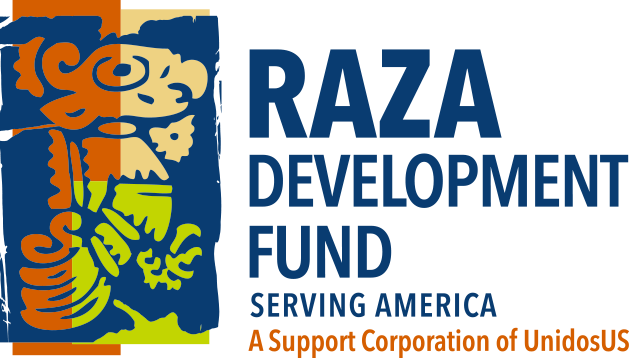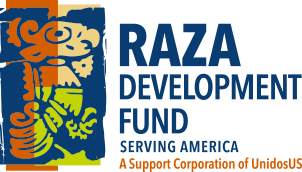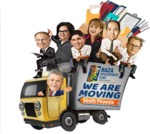Lessons From the Field: Best Nonprofit Leadership Style to Support Growth

Throughout my career, I have helped educate and inspire nonprofit organizations to maximize their potential. While working with these nonprofits, I’ve observed a few similar styles in leadership that may limit the nonprofit’s growth, as well as a best practice to strengthen the organization’s ability to fulfill its role in communities. My experience has shown me that a nonprofit’s value and growth trajectory is often linked to its commitment to maintaining a continuous connection to the voice of their communities to inform and shape their work with them.
Common Nonprofit Leadership Styles:
 The Inspirational Leader: They know they have a compelling story, and they use it to connect donors to their mission. They inspire a handful to give and do so generously. The most passionate of the group – they exude their mission and often work well outside the boundaries of a workday in service of their community.
The Inspirational Leader: They know they have a compelling story, and they use it to connect donors to their mission. They inspire a handful to give and do so generously. The most passionate of the group – they exude their mission and often work well outside the boundaries of a workday in service of their community.
The Opportunistic Leader:  They understand the fundraising landscape and are connected to every possible list through announcements, conferences, etc. They methodically seek to connect to funding opportunities (both anticipated and unanticipated). This group of leaders spend a lot of time and investment networking and writing grants – success ratio aside, they make it happen on sheer volume and effort. They may stretch their mission in unintended ways.
They understand the fundraising landscape and are connected to every possible list through announcements, conferences, etc. They methodically seek to connect to funding opportunities (both anticipated and unanticipated). This group of leaders spend a lot of time and investment networking and writing grants – success ratio aside, they make it happen on sheer volume and effort. They may stretch their mission in unintended ways.
 The Resourceful Leader: They are very capable of connecting their mission to different sources (private, corporate, and governmental) and do so at every turn, bringing together a myriad of sources with research and persistence. They leave no stone unturned and are tireless in their quest to meet their financial goals. However, continuous fundraising in this manner could lead to burnout.
The Resourceful Leader: They are very capable of connecting their mission to different sources (private, corporate, and governmental) and do so at every turn, bringing together a myriad of sources with research and persistence. They leave no stone unturned and are tireless in their quest to meet their financial goals. However, continuous fundraising in this manner could lead to burnout.
 The Adaptive Leader: They understand how to connect to funders and find a way to adapt their mission mutually to meet funder and organizational needs. They take a very creative approach to respond to proposals and engage funders in a way that gets them to a yes. Adapting their mission without losing themselves in funder priorities is the key to success, but an inability to do so can lead to mission creep.
The Adaptive Leader: They understand how to connect to funders and find a way to adapt their mission mutually to meet funder and organizational needs. They take a very creative approach to respond to proposals and engage funders in a way that gets them to a yes. Adapting their mission without losing themselves in funder priorities is the key to success, but an inability to do so can lead to mission creep.

The Entrepreneurial Leader: They have focused their mission in an area uniquely suited to compete in a market-driven approach that generates program fee income. They are known as experts in a very well-defined programmatic area. They bring a product or service to underserved communities where private entities may not be suited or lack access. However, a singular focus on income-generating activities could limit the organization’s capacity to impact its community. They may be susceptible to competition and market fluctuations in the industry of focus.
There are benefits and drawbacks to each of these approaches to funding nonprofits. Unfortunately, they can limit a nonprofit’s growth because they are typically driven by the strengths and experience of the leader and the existing connections of the nonprofit to its stakeholder ecosystem. It often keeps organizations in stagnant cycles and limits financial creativity and strategy. While these styles may allow a small nonprofit to remain stable, grow, and expand, the organization must integrate the community’s voice if they want to keep pace with and meet the needs of their constituents.
Traits for Growth
 Local communities should be agents of their change. People have a right to participate in society’s economic, political, and cultural life and decisions that affect their community.
Local communities should be agents of their change. People have a right to participate in society’s economic, political, and cultural life and decisions that affect their community.
Nonprofits are typically the vehicle through which underserved communities can exercise these essential principles. These organizations represent the voice of their communities. They are accountable to a very important responsibility – educating and empowering people at a local level to understand their rights and responsibilities as citizens. This establishes the nonprofit as a place to convene and communicate the needs of their community and its members.
The final category of leader best represents this approach:

The Empowering Leader: They understand the importance and value of elevating the community voice in the work of the nonprofit and how to leverage this to attract funding. This leader asks their entire team to open communication channels with the community when devising programs and initiatives in order to connect their work directly with the people they serve. Ultimately it is this connection that serves to expand and accelerate funding from all stakeholders. The essential organizational features include a trusted connection with their constituents, understanding community needs, and vetted programs that demonstrate impact. This leader typically exudes strength with an empowering approach that gives their leadership a strong voice in the process. Stakeholders see these leaders as experts in their community. They are inclined to support programmatic efforts given their understanding and valuing of the approach and results of their organization’s work.
By including the community voice, strengthening programs to connect to and meet community needs, and documenting impact and continuous improvement through feedback, organizations will share their distinct value with stakeholders.
RDF’s Support
At RDF, we are engaging with community-based organizations helping them revisit how they connect with and pursue their missions in their communities. The key is doubling down on their strengths as:
- Trusted community partners,
- Experts in programmatic efforts aligned to community needs,
- Engaging with and lifting the voice of the community.
These are all strengths that can translate to growth. Through the Affiliate Support Program, we help organizations find the voice of their community in their work, create well-thought-out funding models, and raise revenue to respond to critical needs identified by their constituents. If you are interested in learning more, please feel free to contact esalazar@razafund.org.




